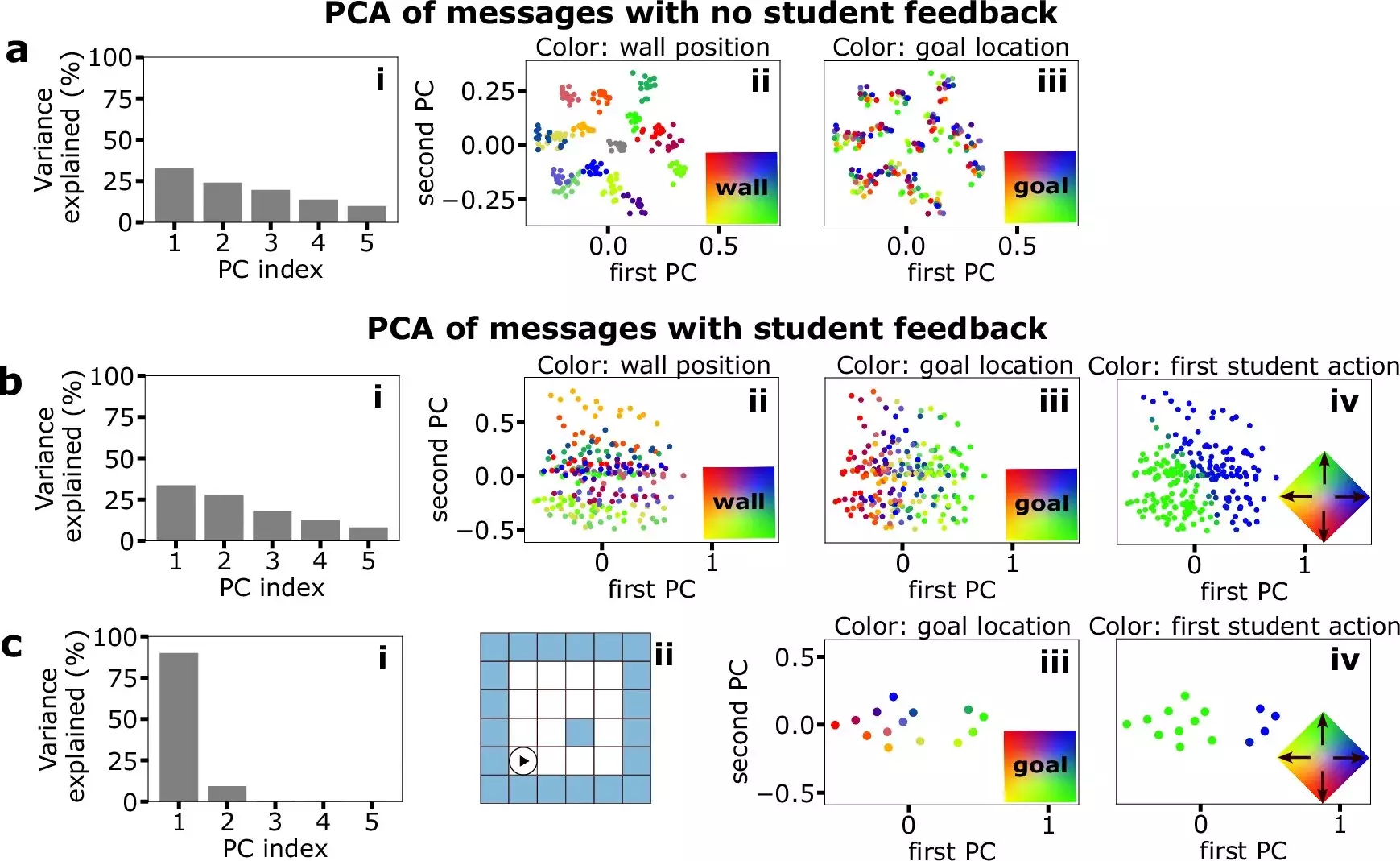Communication is an essential pillar in the transfer of knowledge across all species. It serves not only as a means of survival but as a sophisticated tool that fosters learning and adaptation in various environments. A recent study conducted by researchers at University Hospital Bonn and the University of Bonn digs deeper into the intricate dynamics of communication and its implications on learning efficacy. Published in the respected journal Nature Communications, this study reveals how the roles of both the sender and the receiver in a communication exchange can significantly impact task performance.
The researchers emphasize that communication takes multiple forms—whether it is auditory, olfactory, or gestural—and plays a fundamental role in our social interactions and cognitive development. The synaptic interplay that happens when we communicate shapes our brain’s understanding of tasks at hand. Prof. Tatjana Tchumatchenko, a leading researcher in the study, expresses the importance of social communication in learning, echoing the sentiment that “teaching is learning for the second time.” Such insights corroborate the idea that knowledge is not just accumulated in isolation but rather flourishes in an interactive environment.
Utilizing artificial networks as stand-ins for human agents, the research team ingeniously crafted a scenario where one network acted as a teacher and another as a student. This experimental framework allowed them to observe how a simulated “language” could facilitate the process of learning, akin to traditional educational paradigms. The teacher network first learned to navigate a maze and then communicated with the student using tailored messages to guide it through the same challenge.
This innovative approach demonstrated that communicative exchanges could help build a language between the artificial agents, enhancing the student’s learning process. Significantly, the developed language was not static; it evolved based on the context of the task and the performance of the learner. This evolution in communication reflects real-world language dynamics and is reminiscent of how living beings create and adapt their communicative behaviors.
Language Efficiency and Abstraction in Communication
A key takeaway from this research is the relationship between effective communication and the efficiency of language. Co-author Carlos Wert-Carvajal points out that human language has a unique ability to efficiently convey shared experiences. Instead of offering overly descriptive phrases, language often distills complex attributes into single terms—like calling an apple just ‘apple’. By doing so, language serves a dual purpose—it encapsulates multifaceted experiences while making communication more effective and streamlined.
During the experiments, feedback mechanisms were introduced. When the teacher provided constructive feedback regarding the student’s performance, it led to adjustments in the teacher’s communicative approach. Tobias Wieczorek, who contributed significantly to this research, notes that this iterative process exemplifies the necessity of clarity and precision in information exchange. Indeed, achieving an effective dialogue hinges on the collaborative efforts of both sender and receiver.
This study also underscores the significance of feedback in honing communication skills. The researchers found that as the trainee’s performance changed, the teacher modified the way information was relayed, striving for maximum clarity and relevance. The implication of this feedback loop emphasizes that effective communication is inherently adaptive—a feature that is critical for successful learning.
Interestingly, the study explores how learners, despite lacking formal teaching strategies, can teach each other through language that they have constructed together. Dr. Maximilian Eggl, a co-author of the study, highlights the surprising capacity of these artificial agents to convey crucial information without classical teaching methods. This points to a broader understanding of cognitive processes whereby shared language can facilitate knowledge transfer and enrich learning experiences collaboratively.
The findings from this research extend beyond mere theoretical implications. They present valuable insights that could revolutionize how biological and artificial communication systems are designed. By understanding the fundamental role of language-like exchanges and their impact on task performance and learning adaptability, future systems can be engineered to enhance interaction efficiency—whether among humans, animals, or artificial agents.
As we continue to explore the intricate nature of communication, the possibilities for improved learning frameworks are boundless. The essence of this study lies not only in the mechanics of how communication enhances learning but also in its broader implications for cognitive development and artificial intelligence. The intersection of these fields promises to unveil new dimensions of understanding in cognitive sciences, shaping the future of educational practices and intelligent systems. In exploring communication, we are, in essence, unlocking the key to smarter, more adaptable learning environments.

